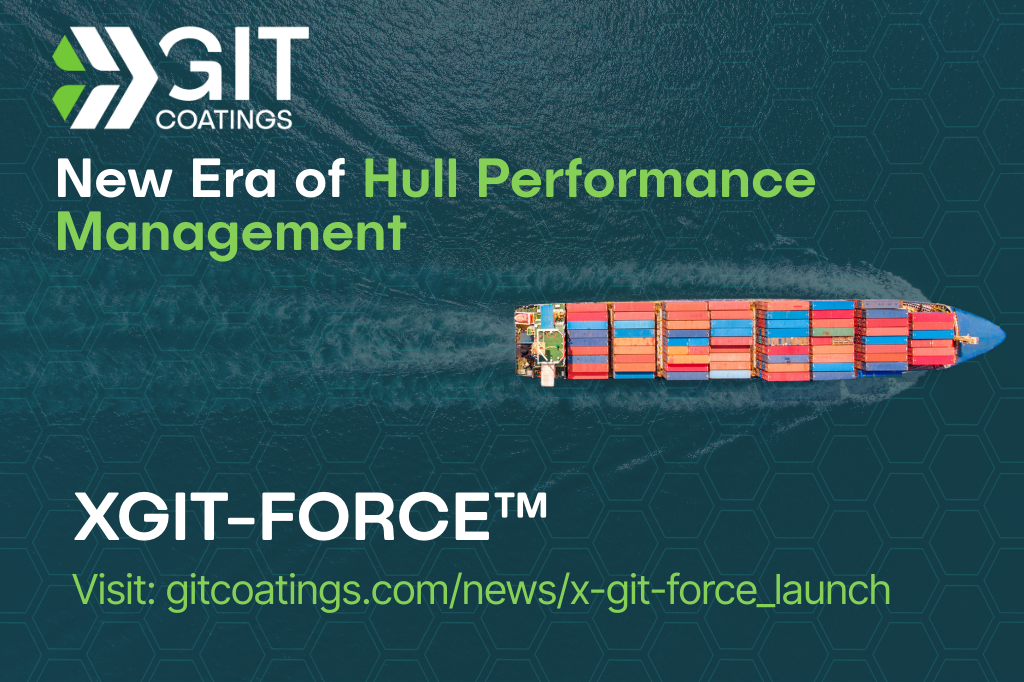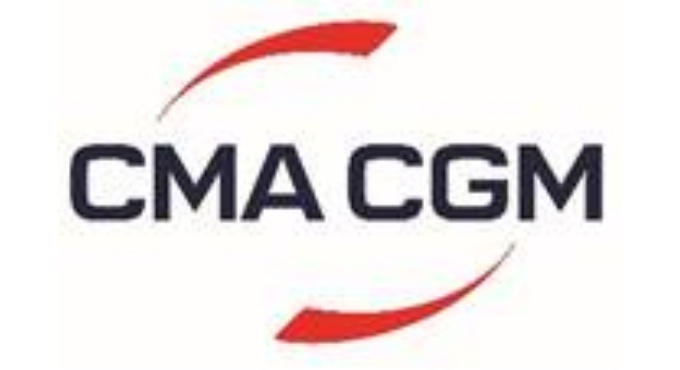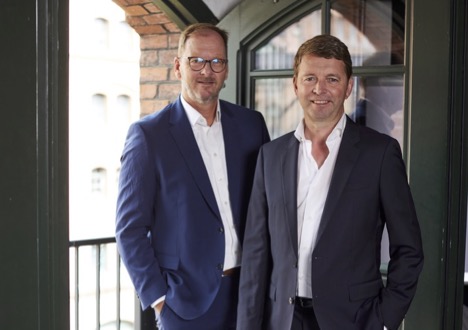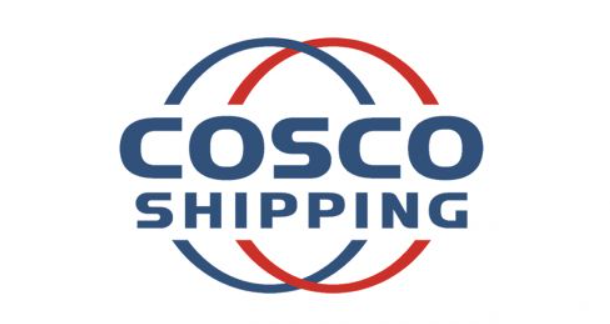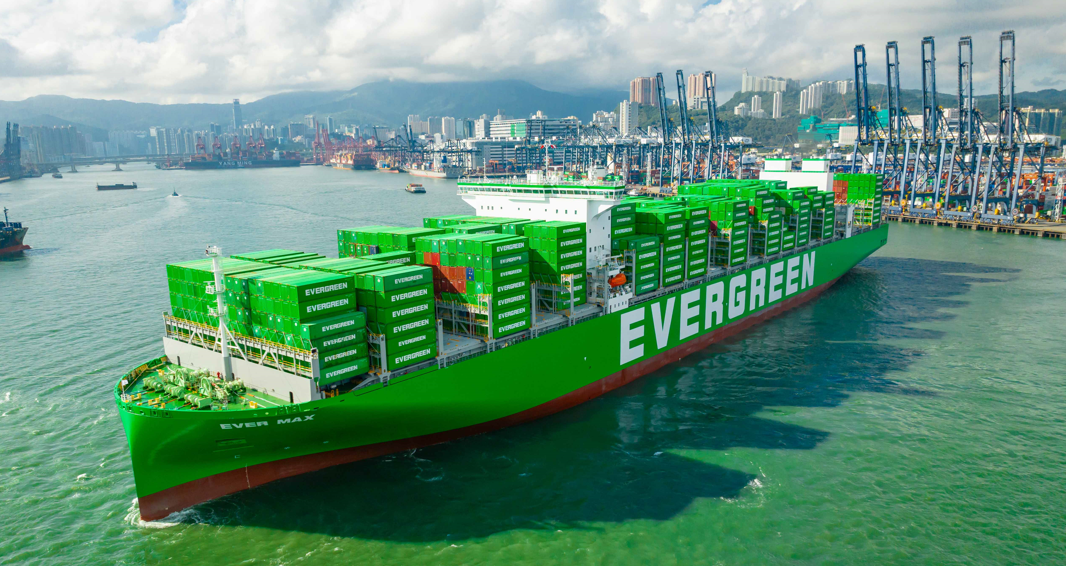
Since 1946, Torvald Klaveness has consistently challenged the status quo in shipping, combining innovation with robust, purpose-driven solutions aimed at both future-proofing our business and the industry we operate in. In 2022, the company took it a step further by establishing a holding structure and dedicated investment team to put skin in the game across new segments and asset classes.
"Guided by a structured strategy focused on diversification, agility and long-term value creation, we’re building a stronger platform for growth. One that is already yielding meaningful returns," says Gøran Andreassen, Chief Strategic Investment Officer.
This article offers a first look at that strategy in action, the results delivered and milestones reached so far.
Structured approach to capital management
"The sale of the container fleet in 2021 injected a lot of investment capital into the business, and we more than doubled that through healthy return on invested capital and dividends from the industrial portfolio, in particular KCC," [1] says Andreassen. "The way we manage that capital is very intentional. We divide it into three categories: liquid financial investments, opportunistic investments, and strategic investments. Each plays a different role."
This structure allows Klaveness to balance risk, stability and flexibility; preserving liquidity while seizing targeted opportunities. The investment team’s ability to move quickly has proven essential in navigating volatile markets.
“We don’t have to be fully invested all the time,” adds Nadia Næss, Chief Financial Investment Officer. “We can de-risk when we assess the markets as expensive and hold back capital until the right moment. That gives us a lot of control in uncertain conditions.”
The investment team has generated significant value by remaining responsive and disciplined. “We’ve created around 40 million dollars in financial and opportunistic returns since we started this setup,” Næss explains. “It’s a strong outcome, especially when you consider how careful we have been with the risk in the portfolio. Having an agile and lean team has been accretive as we can move fast and make efficient investment decisions.”
Financial Investments: diversified and risk-conscious
The liquid financial portfolio is the most traditional. Managed actively it includes diversified holdings across equity funds and fixed income funds. “This part of the portfolio is designed to take moderate risk,” says Næss. “It’s where we focus on preserving cash while generating healthy, risk-adjusted returns. We’re not looking for hype-driven returns, we’re in it for long-term value.”
That value comes not only from careful fund selection, but from consistent, proactive monitoring of market signals. “We’re constantly evaluating our exposure, meaning whether it’s time to reduce risk, pull back from certain sectors, or re-enter when valuations make sense,” Næss adds. This includes timely decisions such as selling off equity positions to de-risk, or holding cash in reserve to remain flexible for future moves.
In addition, we are focusing on further diversification. “In addition to traditional asset classes, we’ve selectively added exposure to areas like real estate and private equity. There are compelling opportunities in those areas, and it gives us better balance across economic cycles.”
Opportunistic Investments: leveraging domain knowledge
At the other end of the spectrum is the opportunistic portfolio, where Klaveness leverages its deep knowledge of the shipping and energy sectors to act decisively. "These are higher-risk, high-reward plays where timing and insight are critical," says Andreassen. "We created this mandate because we knew we had the in-house expertise to act when others might hesitate, and the potential to generate strong returns."
The portfolio is intentionally dynamic as Andreassen explains. “There are periods when we’re almost completely out of these positions, and others where we see opportunity and scale up quickly. That’s the advantage of our size and agility.”
One example is the early positions taken in shipping stocks like Frontline and Golden Ocean in 2022, based on internal conviction that market fundamentals were turning. Another is Stainless Tankers, where Klaveness holds an 18% stake and a board position. “The latter is considered as semi-strategic, with a longer-term view and holding period and with strategic influence as a major shareholder,” he adds.
Strategic Investments: aligning with our long-term vision
Strategic investments primarily support growth opportunities within our core business units by enabling innovation, digitalization, and operational efficiency, all key drivers of Klaveness' long-term growth and transformation agenda. These include selective internal investments that strengthen business capabilities and support ongoing strategic objectives around the organization, such as scaling up Klaveness Digital and investing in KCC’s ‘CABU III’ newbuild program [2].
The team also pursue early-stage investments, which are closely aligned with the company’s vision to ‘improve the nature of shipping’. This means investments in technologies Klaveness is considering using itself such as ScoutDI, a drone inspection company KCC is now working with. Their autonomous drone systems are designed for indoor industrial inspections, such as inside cargo holds, which improves safety by reducing the need for personnel to enter confined spaces and increases efficiency through high-quality, repeatable data capture. “These kinds of investments don’t just generate financial return, they help us shape the tools and technologies we need to run safer, more efficient operations that align closely with our strategic priorities,” says Andreassen.
Diversification is key
All three approaches are linked by one guiding principle: diversification. Whether it’s exposure to real estate, private equity, healthcare, tech, or consumer sectors through external funds (or selectively supporting new maritime ventures), the team balances risk and liquidity with long-term positioning.
"Having a diversified portfolio means we can react quickly to market conditions," says Næss. "We’ve pulled out of equity funds when needed, kept dry powder on hand, and stayed nimble because we’re a small team with clear decision-making structures. That agility is a competitive advantage."
Open to opportunities and partnerships
Looking ahead, the team is also open to new ideas and is actively encouraging relevant companies, startups, and fund managers with a strategic fit to reach out for potential collaboration. "We’re actively looking for strategic opportunities, whether that means minority stakes, full acquisitions, or co-investments with like-minded groups," says Andreassen. “What matters is the fit: does it complement what we do today, or expand what we can do tomorrow?"
Klaveness is especially interested in blue economy sectors that make up “core Norwegian business,” as Andreassen puts it. “Maritime tech, ocean space, aquaculture - we want to support sustainable growth and innovation across ocean industries. Not just in shipping, but in the broader ecosystem we are a part of.”
[1] Torvald Klaveness is the majority shareholder in Klaveness Combination Carriers, owning 53.82% of the total shares (as of date of publication).
[2] See: KCC – Shipbuilding contract for three third generation CABU vessels concluded.
source: Torvald Klaveness
Please Contact Us at:
media@xindemarine.com

